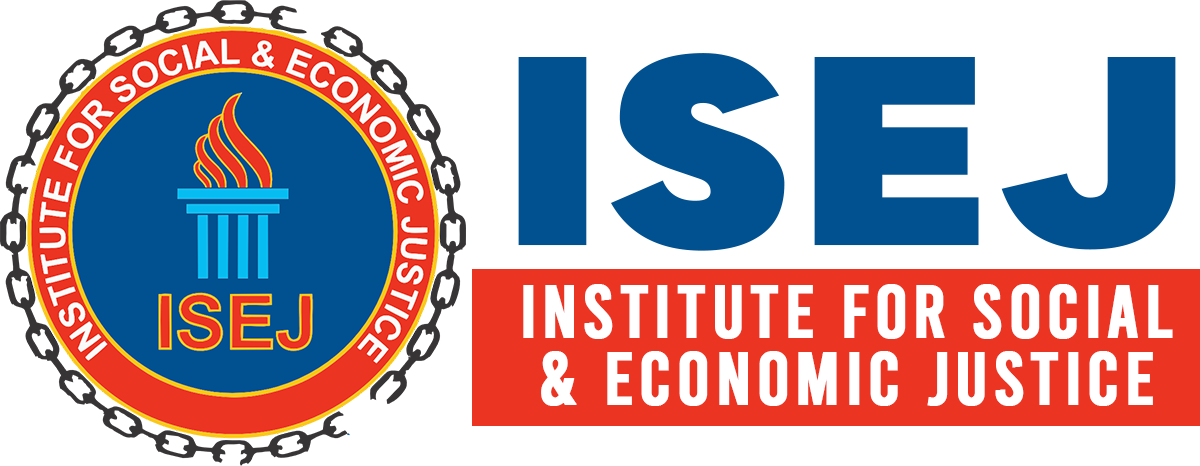At the time of the WB-IMF annual assemblies held from 12 to 18 October 2020, the G20 Finance Ministers met on Wednesday 14 October to decide on new debt relief measures for the countries of the South. The G20 proved unable to meet the emergency forced by the crisis and merely extended the Debt Service Suspension Initiative (DSSI), for another six months, launched in April 2020 without questioning the foundations and the limitations of this initiative.
Faced with the deepening of the debt crisis in countries of the South due to the deteriorating global economic situation combined with the corona-virus pandemic, International Financial Institutions and the main bilateral creditors had launched measures for emergency financing and debt relief in the spring of 2020.
In April 2020, the G20 and the Paris Club created the DSSI. [1] The idea was to postpone bilateral debt service owed from May to December 2020 to a period from 2022 to 2024, which means that amounts not paid in 2020 will be added to the sum owed at that time. The proposal appeared as inadequate since its inception. Limited to 73 countries as it was, i.e. just over half of the developing countries, it left out countries that were already defaulting such as Sudan, Argentina or Venezuela. Moreover the agreement stipulated that the rescheduling was conditioned on prior repayment of arrears owed to the World Bank–IMF and on the ratification of a structural adjustment plan under the aegis of the IMF. While the the public external debt of countries of the the South amounts to some $3,000 billion, the DSSI had the best of cases to deal with… $20 billion, i.e. less than 1% of the total public external debt.
An additional issue is that neither China, nor private creditors such as banks, investment fundsor vulture funds, that are the main creditors of those countries were directly involved in the DSSI. As they were merely invited to join the initiative, neither one nor the others granted any debt relief or rescheduling. Worse still, contrary to initial statements by private creditors belonging to the Institute of International Finance (IIF), [2] those creditors threatened developing countries participating in the DSSI with downgrading their sovereign rating and a severe decline in foreign direct investment.
As a consequence, only 46 among eligible countries introduced a DSSI request, amounting to a total suspension of… $5 billion, [3] i.e. less than 0.2% of the total amount of the public external debt of the countries of the South. Actually, “the total external debt of countries eligible for the relief initiative adopted in April 2020 by the G-20 countries (DSSI) increased by 9.5% compared to the previous year. It reached a record $744 billion in 2019, and has grown twice as fast as that of other low- and middle-income countries.” [4] After such blatant disavowal, some expected that the G20 meeting on 14 October would suggest a complete overhaul of the DSSI to eventually meet legitimate expectations. But this was not to happen. Only very limited measures were taken. [5] First, a six month extension, i.e. a rescheduling of payments for January to June 2021; second, an extension of the repayment period initially scheduled between 2022 and 2024, and thus extended to 2026; third, the adoption of a “common framework for debt treatment beyond the DSSI,” which is supposed to involve bilateral creditors that are not members of the Paris Club, and private creditors (though not further specified); finally, the same unbearable conditionality to subscribe to an “assistance program” by the IMF… When we know that China rightly considers that the G20 is not an adequate basis on which to deal with debt renegotiations and that private creditors belonging to the IIF renewed their refusal to participate in the DSSI in an open letter, [6] we are heading for a new failure.
Finally, the G20 countries are in line with measures by the IMF and the World Bank: a few emergency loans, implementing austerity policies, and an unfailing support to creditors as they turn down the mere idea of cancellation.
Yet there are solutions. From the beginning of corona-virus crisis, in the United States and in the European Union, central banks had released over $5,000 billion within a few weeks. Furthermore, at least three arguments of international law can be invoked to justify debt cancellations or repudiations, namely, force majeure, state of necessity and fundamental change in circumstances. Finally, if there was really any political determination to act, the G20 countries, the Paris Club and multilateral institutions (WB/IMF) could at least publicly support any country that would decide to suspend or even repudiate their debt, and thus force refractory creditors to join in negotiations.
For CADTM, nothing is to be expected from International Financial Institutions and from the powers that be. The CADTM is convinced that countries of the South must unite against repayment of illegitimate debt. This is what Thomas Sankara, the young president of Burkina Faso, already proposed 33 years ago, and indeed around the same time by Cuba and Fidel Castro. For this to actually happen we need awareness among people and powerful mobilisations. The CADTM is pleased that a large global coalition of movements fighting illegitimate debt has been set up with over 550 organizations in 90 countries to issue a common statement and act together in the context of the global week of action for debt cancellation.
This is only a beginning. We will carry on the fight





